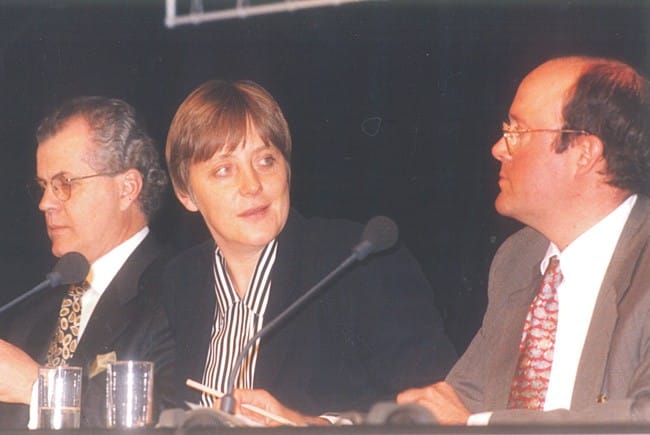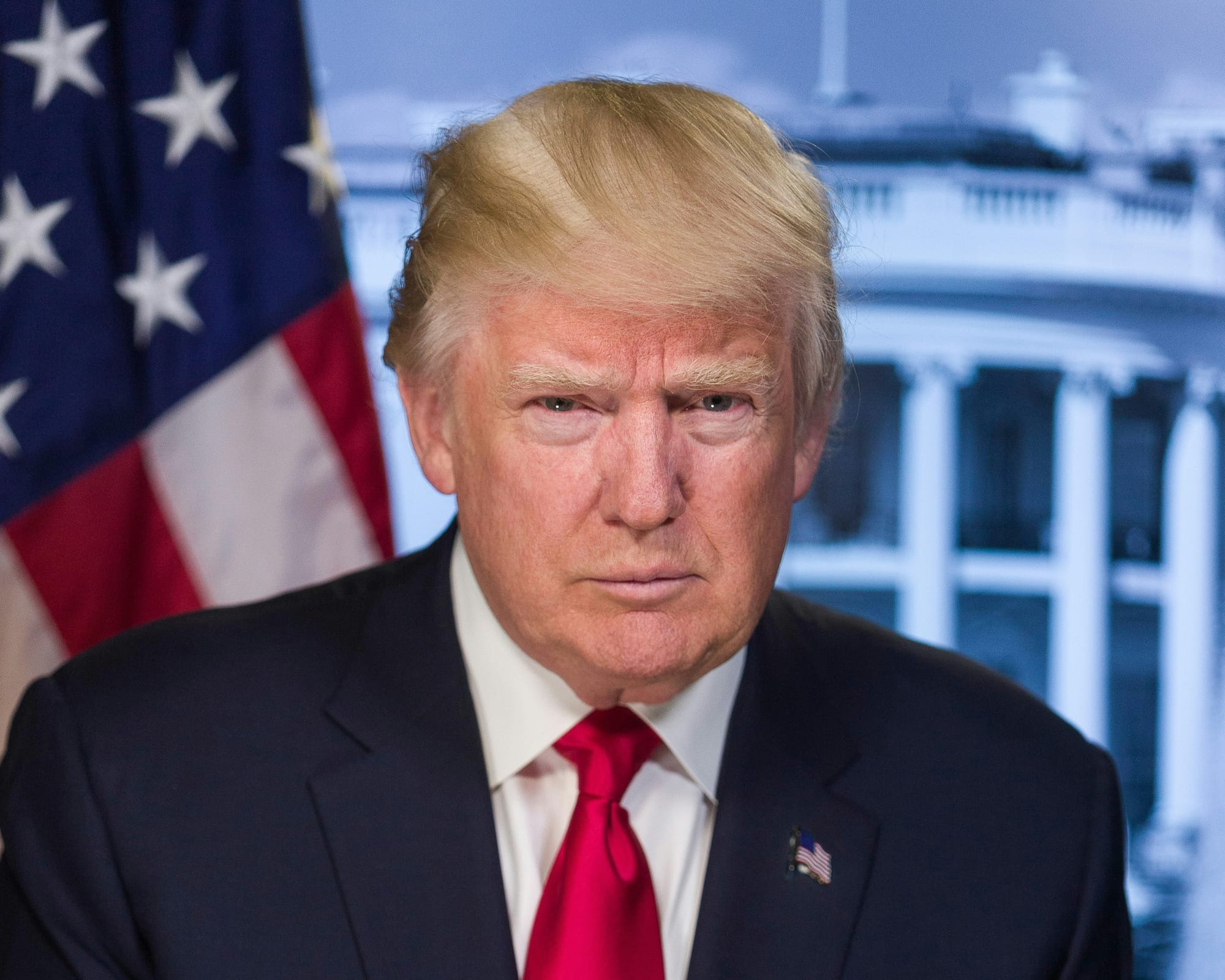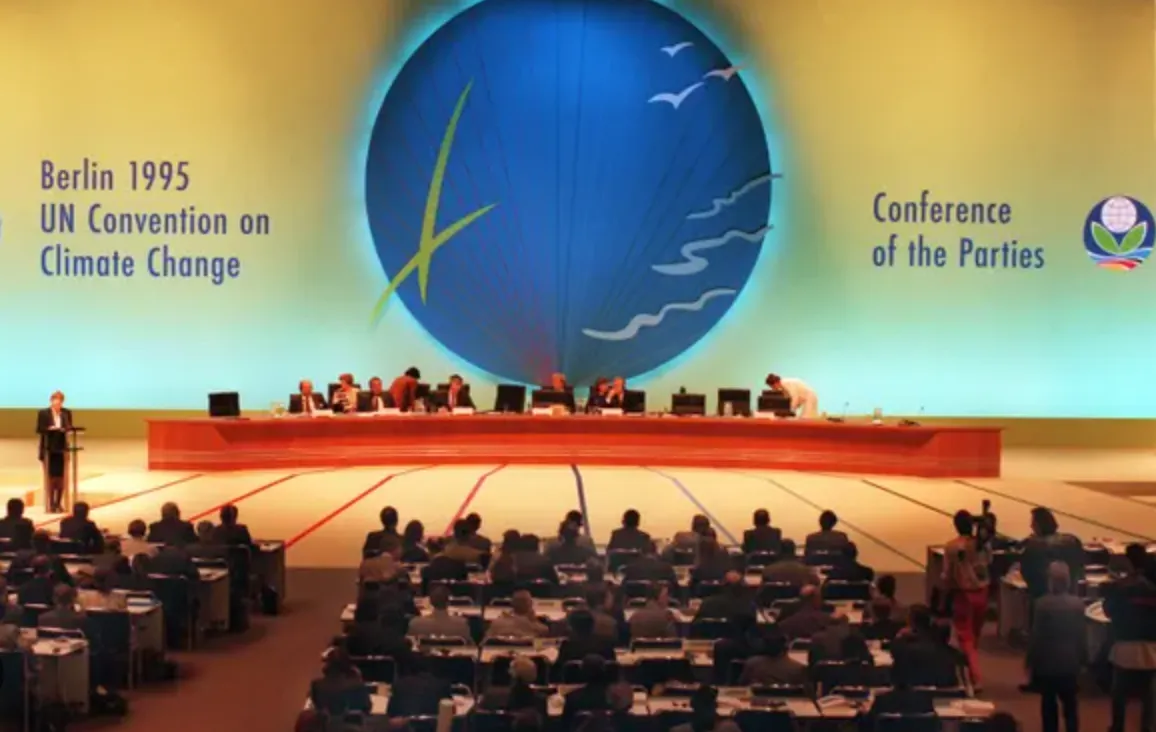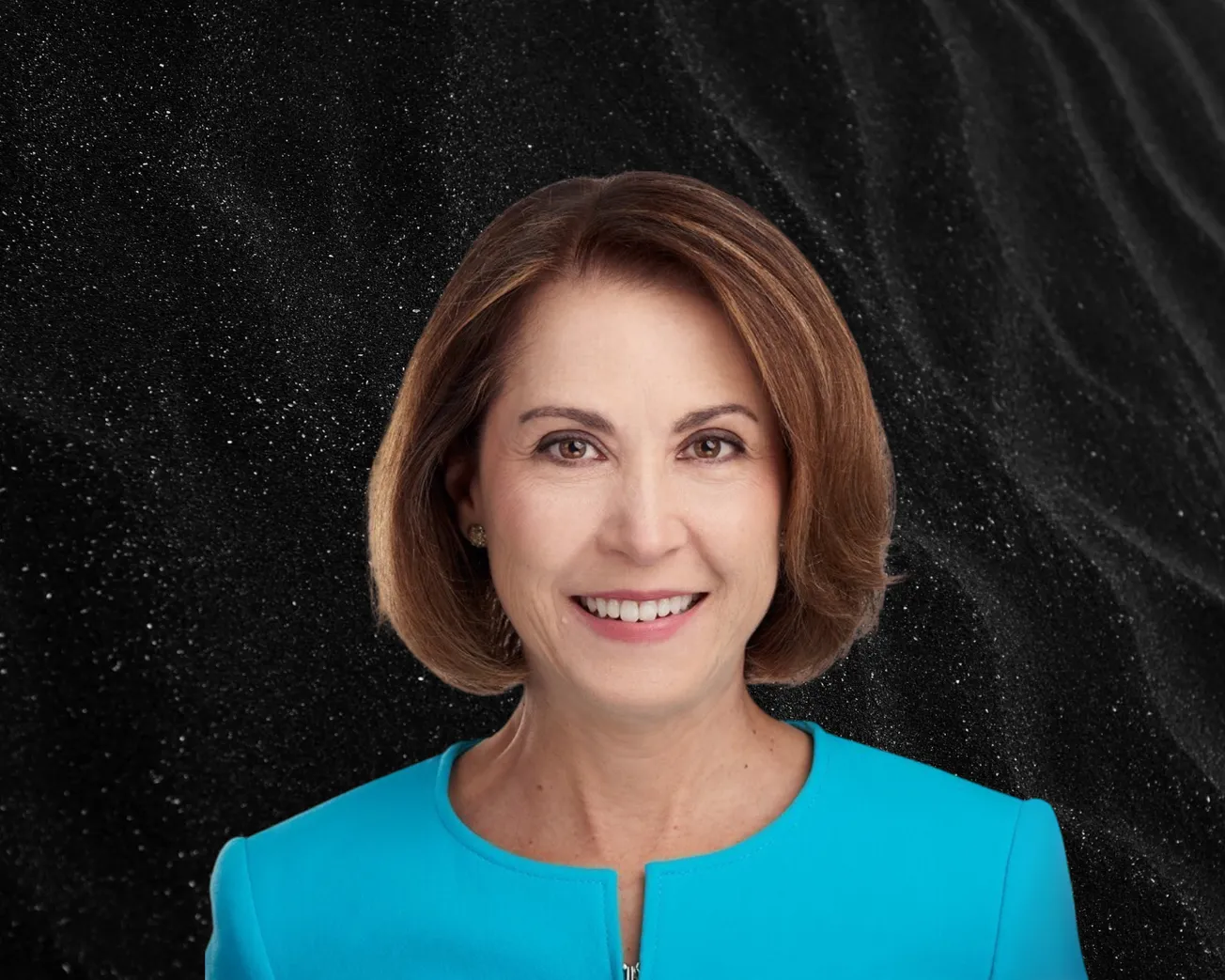Table of Contents
This year, the eyes of the world will be on COP30 in Belém, Brazil. In the current global and political climate, and with this being the thirtieth iteration of COP, it may prove to be a watershed moment for climate action.
However, COP’s history is mixed; a smattering of commendable achievements and cooperation, but which contrasts with decades’ worth of accusations of backroom dealings, inequality and empty words.
In the context of this mitigated history, and President Trump’s recent withdrawal of US support, will 2025’s COP30 be a year of progress or will its legacy remain mitigated?

The beginning of COP
COP (‘Conference of Parties’) evolved from the UNFCCC (‘United Nations Framework Convention on Climate Change’), which was itself adopted during the Rio Earth Summit of 1992 [1]. COP summits are annual, international meetings that focus on climate issues.
While evidence of climate change has been available to scientists since the 1950s, it took advances in computer processing power to create the convincing models that could shock decision-makers, and electorates, into coordinated action.
The inaugural COP was held in 1995 in Berlin, organised by Angela Merkel.
Just two years later, at COP3, in Japan, COP’s first major achievement was reached: the Kyoto Protocol. This agreement laid out general principles for cutting greenhouse gas emissions, aiming to achieve a reduction of 5.2%, on the 1990 baseline, by 2008-2012.
Another landmark achievement took place in 2015, at COP21, in Paris, where the Paris Agreement was reached.
Nations reaffirmed their commitments to preventing increases in global temperatures beyond 2°C, with the aim being to restrain it near 1.5°C and to reach net-zero carbon emissions by 2050. From 2050, the main focus would shift to systematically extracting existing carbon from the atmosphere.
Both the Kyoto Protocol and the Paris Agreement are testimonies to global cooperation on global issues. The goals are universally commendable. However, herein lies the controversy at the heart of the COP conferences: empty words.
Far from being hubs of international communication and cooperation, COPs are rife with accusations of backdoor dealing, as well as tensions between the interests of developed and developing nations, and the commitments to which they are asked to adhere.
A history of controversy
Controversy first struck with COP15, held in Copenhagen (2009). Most developed nations showed a willingness to put concrete reductions onto the negotiating table, with the EU promising 20% reductions by 2020, Japan agreeing to limit emissions by 25%, and the USA offering a 17% cut.
However, inequality between nations was clear at this conference.
The venue selected was far too small to welcome the hundreds of delegations and participants, meaning that many were barred, quite literally, from the negotiating tables.
Furthermore, backroom dealing was rife, with the USA excluding other nations from talks while forming agreements with Brazil, South Africa, India and China.
As if things could not get worse, it was later revealed that the US National Security Agency had eavesdropped on delegations before, and during, the conference.[2]
The event came to be seen as little more than a talking shop, full of hot air, where grubby deals about the future of the planet were being done in secret, and trust in COP subsequently plummeted.
After some reputational recovery, over a decade later, COP conferences of recent times have, once again, begun to foment public skepticism. The COPs held in Scotland (2021) and in Egypt (2022) were relatively overshadowed by events in the post-COVID world, including global inflation and the 2022 Russian invasion of Ukraine.
As a result, the agreements centred on Nationally Determined Contributions (NDC), where counties made independent pledges to cut down emissions. But even if all NDCs were attained, temperature rises would be anticipated at or below 2.5°C, a whole degree higher than the maximum 1.5°C rise promised by the 2015 Paris Accord, thus feeding growing public sentiment as to the hollowness of COP commitments.
At COP29, the conflict of interests between developed and developing nations was clearer than ever. The host nation’s president, Azerbaijan’s Ilham Aliyev, described oil and gas as “gift(s) of God”[3], and a media furore ensued. With President Trump’s 2025 return to The White House, on his first day in office, any prospect of meaningful US involvement in COP instantly evaporated.

COP and Trump
Shortly after sunset on January 20th, to a cheering and applauding crowd, in the Capital One Arena, in Washington D.C., Trump signed an Executive Order that pulled the US out of the Paris Accord. This was only one of around 200 executive orders President Trump signed that day.[4]
While Trump’s actions were striking, they were unsurprising to many. This was not only because they were in keeping with his campaign pledges, but also because US governments have historically been deeply divided on COP.
In the early days of COP, the US administrations of the day were cheerleaders for climate action and flagbearers for several of COP’s early achievements, including the Kyoto Protocol of COP3.
In Kyoto, Bill Clinton addressed the crowd and the TV cameras to say:
"I am very pleased that the United States has reached a truly historic agreement with other nations of the world to take unprecedented steps to address the global problem of climate change. The agreement is environmentally strong and economically sound." [5]
However, complications surrounding the Protocol’s ratification meant that it came into force as late as 2005. By then, however, Bill was out, and George was in.
Whereas President Clinton had lauded the Kyoto protocol, George W. Bush saw it as millstone legislation that risked strangling the US economy. In 2001, Bush withdrew US support for the Kyoto Protocol, stating:
“ The approach taken under the Kyoto protocol would have required the United States to make deep and immediate cuts in our economy to meet an arbitrary target.”
He continued by saying that the legislation would cost the US economy $400 billion dollars and 4.9 million jobs, and that:
“...as the President of the United States charged with safe-guarding the welfare of the American people and American workers, I will not commit our nation to an unsound international treaty that will throw millions of our citizens out of work.”
In the short time between 1997 and 2001, the USA had gone from being a lead advocate for COP, to complete withdrawal.
This noncommittal approach to environmental action fueled accusations of COP commitments being little more than empty words, and set a precedent for subsequent US administrations’ mitigated approach towards COP in the years to come.
Throughout the Obama administration, there was a clear commitment to improving climate change policy and contributing to the COPs. In the 2009 COP15 conference, held in Denmark, the US committed to a whopping 17% cut in their emissions by 2020, and Obama pushed hard to hash out several important agreements between the USA and other nations.
The signing of the Paris agreement, in 2015, was a clear sign of Obama’s commitment to COP and towards tackling climate change. With the arrival of Donald Trump, however, history repeated itself, and, instead of further advancement towards common climate goals, the world simply saw another US withdrawal from COP goals.
Having made his feelings clear throughout his election campaign, in 2017, the newly-inaugurated President Trump followed through on his threat to withdraw from the Paris Climate Accord. Throughout his first term in office, Trump also rescinded many of the environmental regulations created during Obama’s two terms.
In 2020, US partisan flip-flopping on COP continued. With the inauguration of Joe Biden, the US officially re-entered the Paris Agreement and continued to build upon Obama’s environmental legacy with zeal - investing in technology, infrastructure and jobs, all in an attempt to limit US carbon emissions in line with those agreed in Paris.
COP30
So, after 30 years, what is the verdict on the impact of COP?
The many criticisms of COP are not unfounded, given the evidence of backroom dealings, conflicts between developed and developing nations, and noncommittal approaches to COP agreements by influential nations.
However, on a subject as complex as climate change, that touches upon the lives and livelihoods, of every living being on the planet, disagreement is to be expected, and, despite this, COP has endured.
For 30 years, COP has worked to hold governments and generations of politicians to account, and its continued existence strongly underlines an international desire to continue searching for solutions. However, in hindsight, 2024 may prove to have been a greatly significant year for the world’s climate.
Last year, we saw the highest increase in world temperature since records began.
Having been the warmest year on record, and the first year ever to have exceeded a +1.5°C rise globally, there is no breathing room left for any further divergence from the iconic 1.5° goal of the Paris Accord (albeit the rise is intended to be calculated as an average over several years).
Will 2025 prove to be more of the same - in terms of a hotter climate - or will we see the first signs of divergence? If we do indeed see that the planet is getting onto the right track, back towards a +1.5°C increase again, let’s hope that at this year’s COP30 in November, the conflicts and empty words of previous iterations of the COP become a thing of the past.
[1] https://www.cisl.cam.ac.uk/cop-climate-change-conference
[2] https://www.huffpost.com/entry/snowden-nsa-surveillance_n_4681362
[3] https://www.bbc.com/news/articles/cpqd1rzw9r4o
[4] https://www.cbsnews.com/live-updates/trump-executive-orders-actions-first-day-2025/






